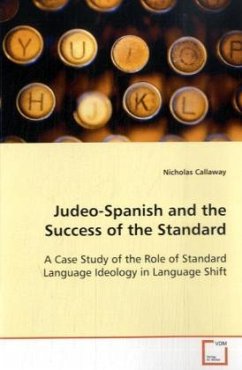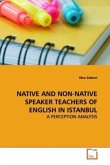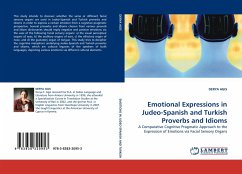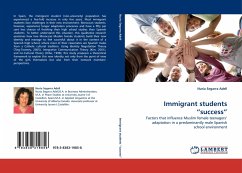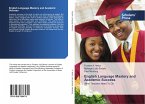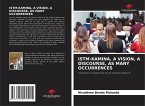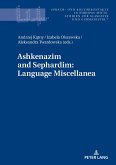This thesis explores the consequences of nationalism and language standardization for the Jewish community of Istanbul from the 19th century to the present. It focuses on how these national trends manifested themselves in the community and eventually effected a shift away from speaking Judeo-Spanish, the traditional language of the community since the 16th century. In a broader sense, what the thesis examines is how the ideology of the Turkish nation-state shaped the way that members of the Jewish community conceived of identity and language, and how this changed its goals, lifestyle, and use of language. What emerges through the discussion of ethnographic data from the Istanbul Jewish community is a perspective on how national identities and nation-states are forged, and the extent to which the way in which citizens of nation-states understand language is conditioned by the ideology of language standardization.
Bitte wählen Sie Ihr Anliegen aus.
Rechnungen
Retourenschein anfordern
Bestellstatus
Storno

